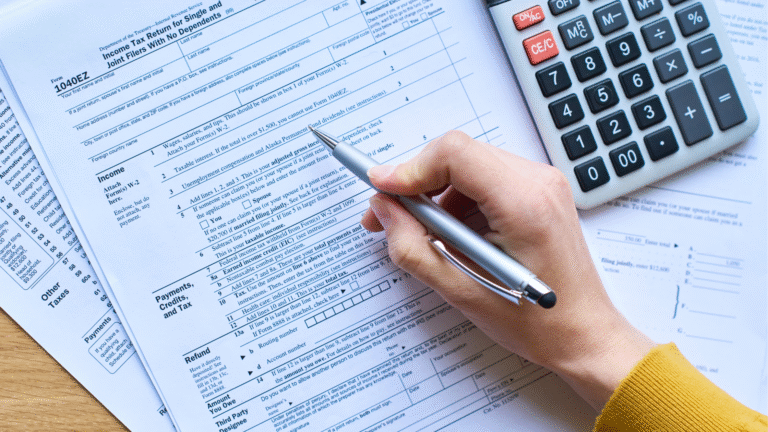Navigating the Indonesia Customs Declaration process is essential for anyone importing or exporting goods to and from the country. For expats relocating to Indonesia or foreign investors moving capital goods, understanding this process helps avoid delays, penalties, and legal issues. Whether you’re bringing personal belongings or launching a business, proper documentation ensures smooth customs clearance and regulatory compliance.
What is the Indonesian Customs Declaration?
The Indonesian Customs Declaration is an official document that outlines the details of goods entering or leaving the country. It plays a central role in customs control, taxation, and law enforcement. This declaration must be submitted by travelers, business owners, or shipping agents involved in international trade.
Authorities use this document to verify item types, values, and origins. It also helps them determine applicable duties, taxes, and whether special permits are needed. The form supports transparency and forms the legal basis for customs decisions on imports and exports.
When Do You Need to File a Customs Declaration in Indonesia?
Filing a customs declaration becomes mandatory under several circumstances. You must complete and submit the form when:
- Importing or exporting goods commercially
- Bringing personal items exceeding the tax-free limit
- Shipping packages internationally for e-commerce
- Transporting samples, promotional items, or investment goods
If you’re an expat carrying electronics, branded goods, or valuables when relocating, customs officials may request a declaration. Similarly, investors shipping machinery or building materials must file appropriate forms before clearance.
Read More: Indonesia Import Tax Cuts Aimed at Easing Trade Strain
The Indonesian Customs Declaration Form
Indonesia provides different types of customs declaration forms based on the nature of the goods:
- PIB (Import Declaration) for standard imports
- PIBK for personal or special imports
- PEB (Export Declaration) for all export activities
- Each form requires information such as:
- Importer/exporter identity and NPWP (Tax ID)
- Invoice and shipping document numbers
- Item descriptions and HS Codes
- Quantity, value, and country of origin
- Transport mode and destination port
You can submit these forms electronically using the CEISA (Indonesia’s e-customs system), reducing processing time and paperwork.
Read More: The Importance of BPOM Certification in Indonesia
Customs Duties and Taxes in Indonesia
The Indonesia Customs Declaration helps customs officers determine applicable charges, which typically include:
- Import Duty (Bea Masuk): 0% to 40% based on HS Code
- VAT (PPN): 12% of the CIF value
- Income Tax (PPh 22): 2.5% with API or 7.5% without API
- Luxury Goods Tax (PPnBM): 10% to 125% depending on the item
- Excise Duties: Applied to tobacco, alcohol, and related products
Incorrect declarations can lead to overpayments or penalties. It’s crucial to declare the actual item value and ensure all required documents are accurate.
Steps in the Customs Declaration Process
To ensure a smooth entry experience into Indonesia, travelers and business stakeholders must complete the Electronic Customs Declaration (e-CD) before arrival. Here is a simplified step-by-step guide based on the latest 2025 procedure:
- Step 1: Visit the official e-CD portal at https://ecd.beacukai.go.id.
- Step 2: Fill out the online declaration form with your personal details, including passport number, flight number, and your intended address in Indonesia.
- Step 3: Declare your goods—list all items you’re bringing that may be subject to duties, restrictions, or inspection.
- Step 4: Submit the form electronically through the website before your flight.
- Step 5: Save the QR code generated after submission. You can either download it to your phone or print it out.
- Step 6: Present the QR code upon arrival at the customs checkpoint in Indonesia.
Customs officials will scan the code to verify your declaration. It’s recommended to complete the e-CD process ahead of travel to avoid hold-ups or complications at the airport.
Make Your Move or Investment Seamless
Whether you’re relocating to Indonesia or importing assets for business expansion, complying with the Indonesia Customs Declaration process is non-negotiable. Inaccuracies or missing information can cause unnecessary delays or financial penalties.
To simplify the process, Seven Stones Indonesia provides tailored solutions to guide expats and investors through each step of the customs declaration process, ensuring compliance and efficiency.
As a trusted business advisory and investment firm, we offer expert guidance on handling customs paperwork, understanding duty calculations, and ensuring full compliance with e-customs procedures.
Need support with your customs paperwork? Contact Seven Stones Indonesia today to streamline your import/export journey and navigate Indonesia’s customs system with confidence.
Source: visa-indonesia.com, online-pajak.com, ukirama.com
Image: Getty Images

















